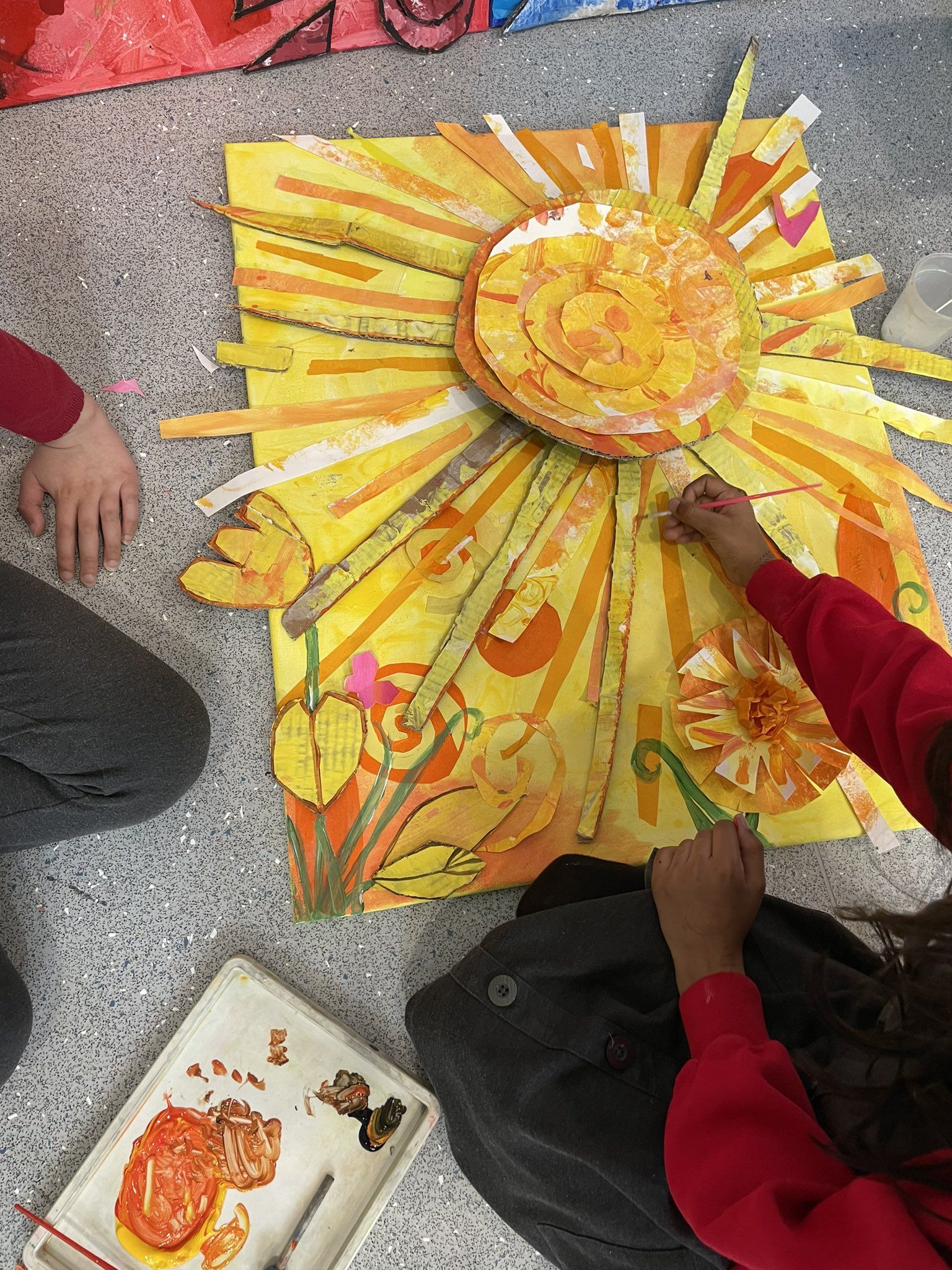
PetroGas Pacific LLC Fuels Fashion Forward with Kate Spade Partnership
Washington, D.C. – PetroGas Pacific LLC, a leading energy solutions provider based in the nation’s capital, today announced a surprising, yet strategic, partnership bringing together the worlds of energy infrastructure and high-fashion accessories. While seemingly unrelated, this collaboration centers around a commitment to sustainability and innovative material sourcing, directly impacting the production of iconic Kate Spade handbags and accessories. PetroGas Pacific, traditionally known for its work in natural gas pipelines, renewable energy projects, and energy trading – essentially keeping the lights on and the gas flowing – is leveraging its expertise in materials science and supply chain management to help Kate Spade optimize its manufacturing process, specifically focusing on reducing the environmental footprint of key components. “People might be scratching their heads wondering what an energy company is doing with a fashion brand,” says David Miller, CEO of PetroGas Pacific LLC. “But when you look under the hood – so to speak – a lot of what goes into making a beautiful Kate Spade bag actually relates to energy and materials. We're talking about the plastics, the coatings, the transportation… it all adds up. We've been quietly working on solutions for years, and Kate Spade’s commitment to quality and sustainability made them a perfect partner to test and implement these innovations.” The core of the partnership revolves around a new, sustainably sourced polymer developed by PetroGas Pacific’s materials research division. This polymer, nicknamed “EverBloom” by the company, is derived from a byproduct of their natural gas processing, which was previously considered waste. Instead of landfill disposal, PetroGas Pacific has invested heavily in a proprietary process to refine this byproduct into a durable, lightweight, and versatile material. “We saw an opportunity to turn waste into value,” explains Dr. Emily Carter, lead researcher on the EverBloom project. “Traditional plastics are a problem for the environment, and there’s a huge demand for sustainable alternatives. EverBloom isn’t just better for the planet; it actually offers superior performance characteristics in many applications. It’s more flexible, more resistant to wear and tear, and has a beautiful, consistent finish.” Kate Spade is initially incorporating EverBloom into the lining and interior pockets of select handbag styles. This represents a significant step towards reducing the brand’s reliance on virgin plastics and lowering its overall carbon footprint. The initial response from both consumers and internal quality control has been overwhelmingly positive. “We’re always looking for ways to be more responsible,” says Sarah Johnson, Head of Sustainability at Kate Spade. “Consumers today care about where their products come from and how they’re made. PetroGas Pacific’s EverBloom material allows us to deliver the quality and style our customers expect, while also making a tangible contribution to a more sustainable future. It feels really good to be working with a company that’s genuinely committed to innovation.” But the collaboration doesn’t stop at materials. PetroGas Pacific is also assisting Kate Spade in optimizing its supply chain logistics. Using its expertise in energy trading and distribution networks, PetroGas Pacific is helping Kate Spade identify more efficient and environmentally friendly transportation routes, reducing fuel consumption and emissions associated with getting materials and finished products to market. “It’s about looking at the entire lifecycle of a product,” Miller emphasizes. “From the raw materials to the manufacturing process, to the transportation and ultimately, to the end-of-life disposal. We’re applying our analytical skills and logistical expertise to help Kate Spade minimize its impact at every stage.” The initial run of Kate Spade handbags featuring EverBloom linings will be available in select stores and online in early Spring 2024. The bags will be clearly labeled with a special “Sustainable Style” tag, highlighting the use of the innovative material and the partnership with PetroGas Pacific. Looking ahead, both companies are exploring opportunities to expand the use of EverBloom into other components of Kate Spade products, including exterior materials and even packaging. They are also considering collaborating on initiatives to promote circularity, such as recycling programs and product take-back schemes. “This is just the beginning,” says Johnson. “We see a huge potential for collaboration between seemingly disparate industries. By sharing knowledge and resources, we can drive innovation and create a more sustainable future for everyone.” PetroGas Pacific LLC, while maintaining its core business in the energy sector, is signaling a strategic shift towards diversification and a broader commitment to sustainability. The Kate Spade partnership is a bold statement, demonstrating that even the most established companies can adapt and embrace new challenges. “We’re an energy company, yes,” Miller concludes. “But we’re also a company that believes in innovation, responsibility, and building a better future. And sometimes, that means partnering with a fashion brand to make a stylish and sustainable difference.” Consumers interested in learning more about the partnership and the sustainable features of Kate Spade products can visit the Kate Spade website or the PetroGas Pacific LLC website. The companies plan to release a joint whitepaper detailing the environmental benefits of the EverBloom material and the optimized supply chain logistics in the coming months.